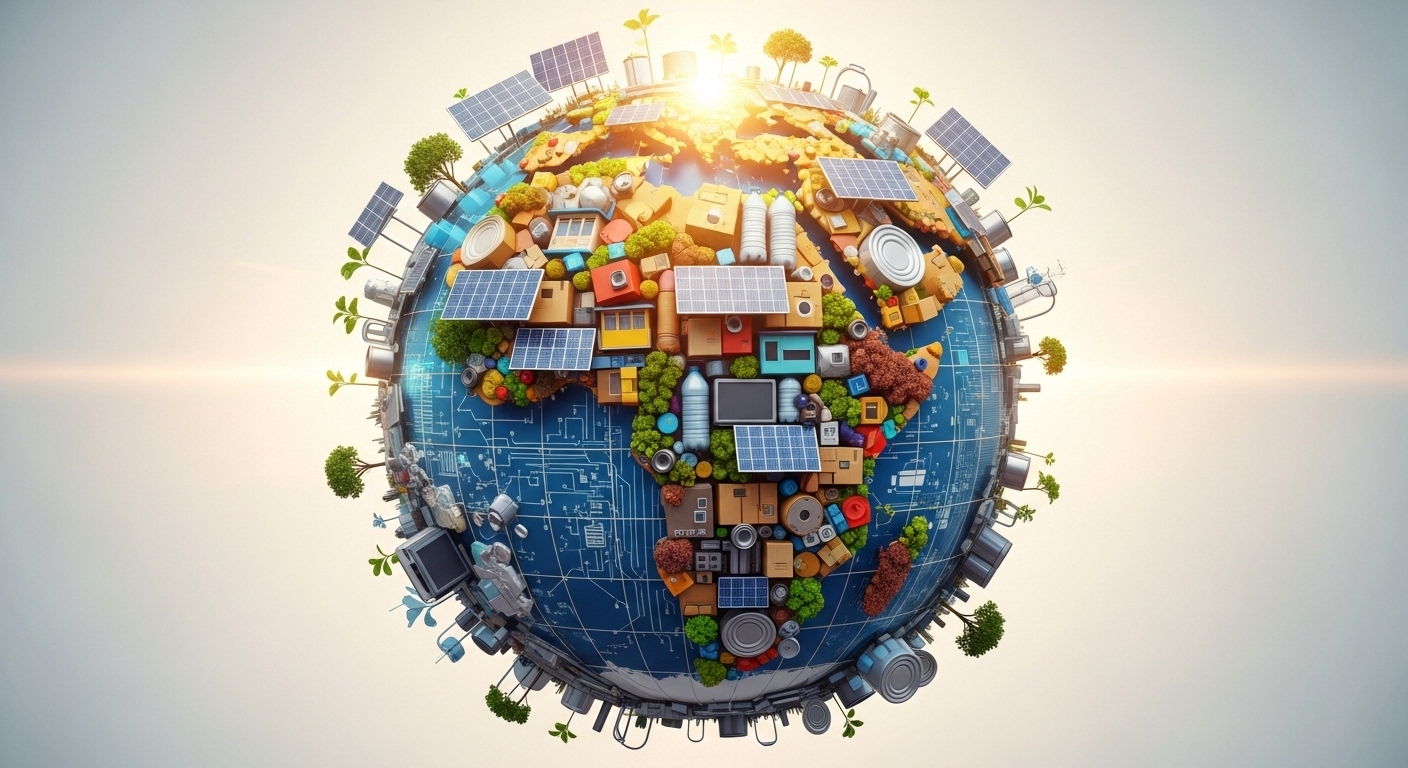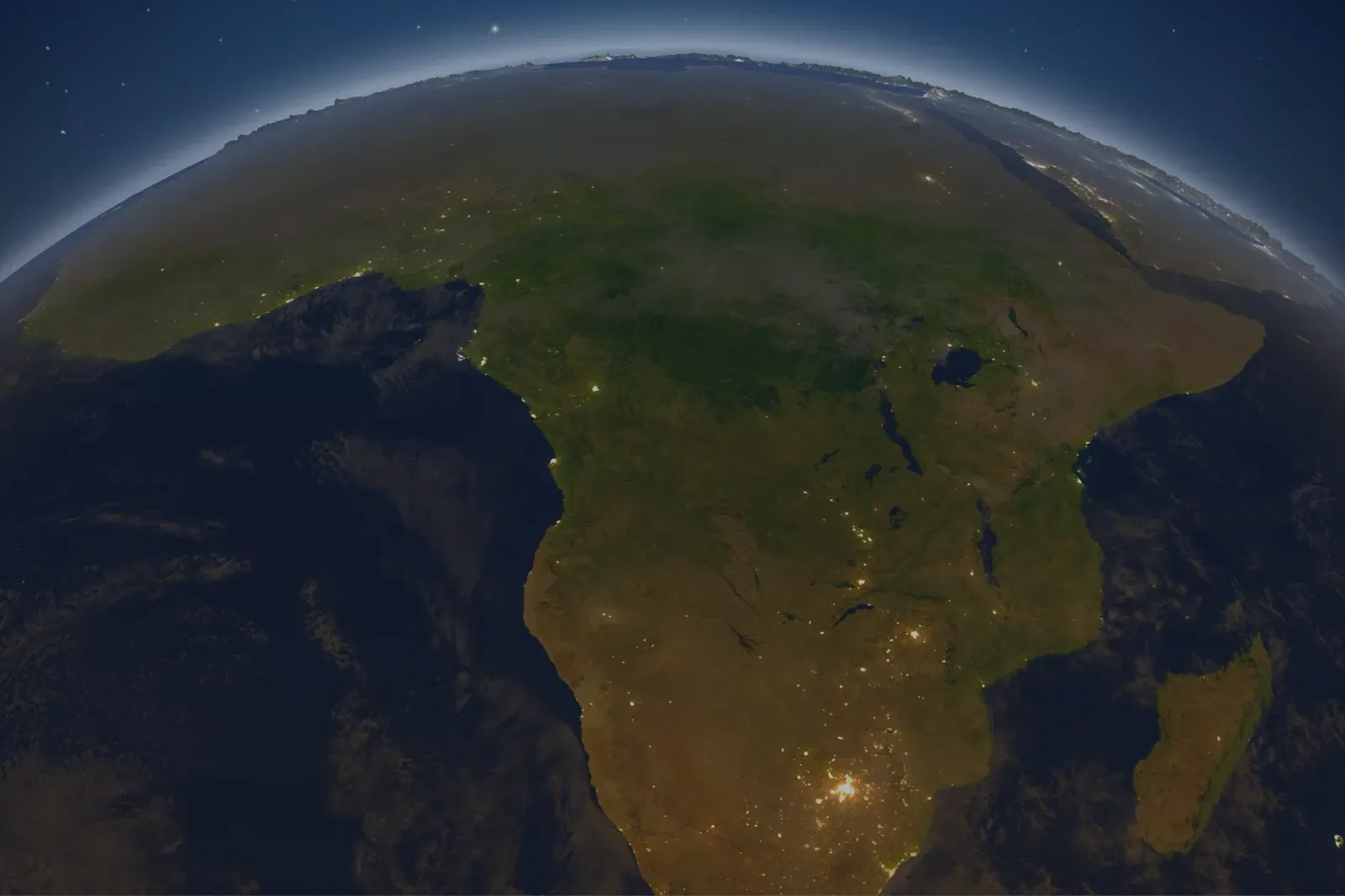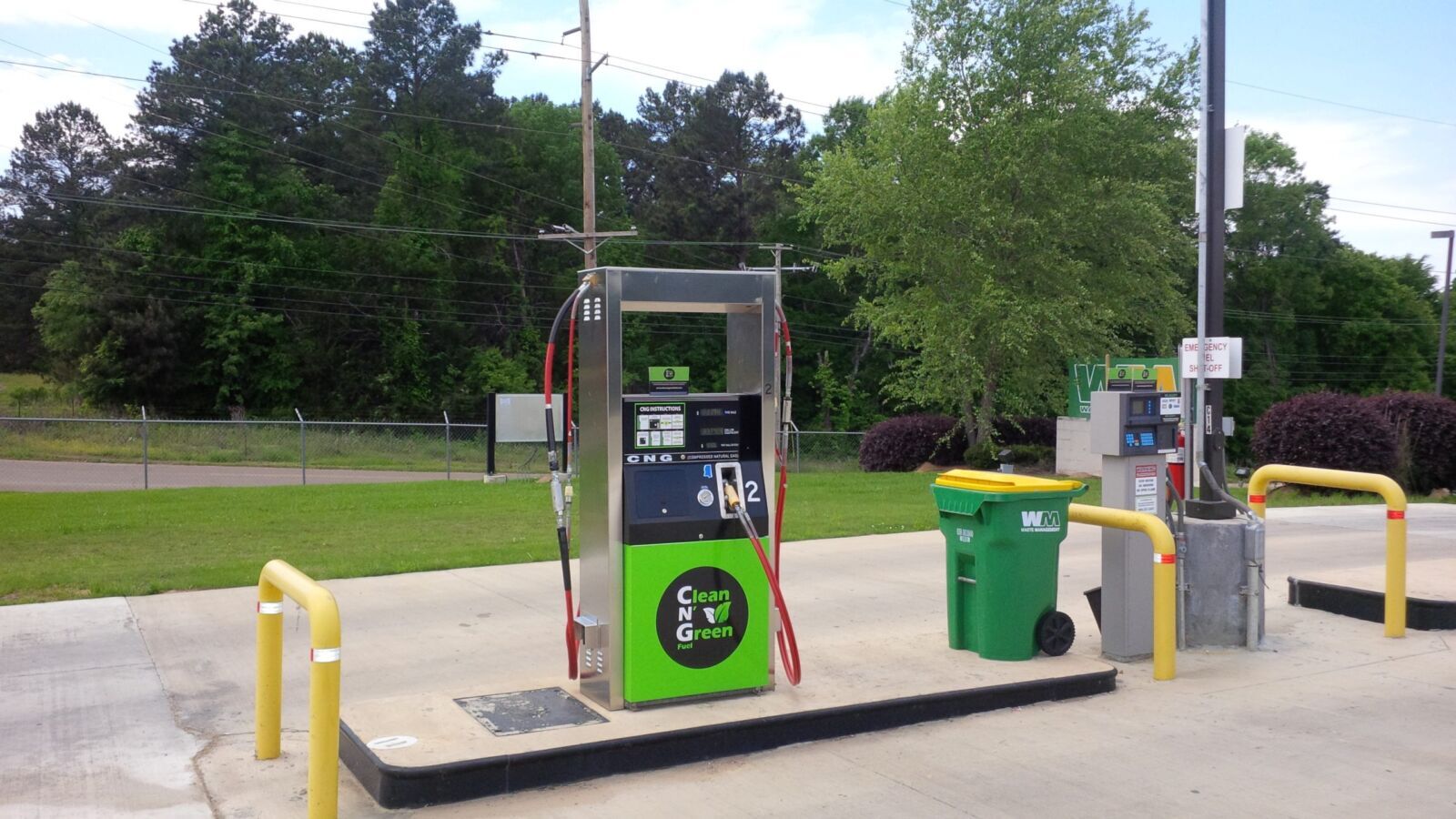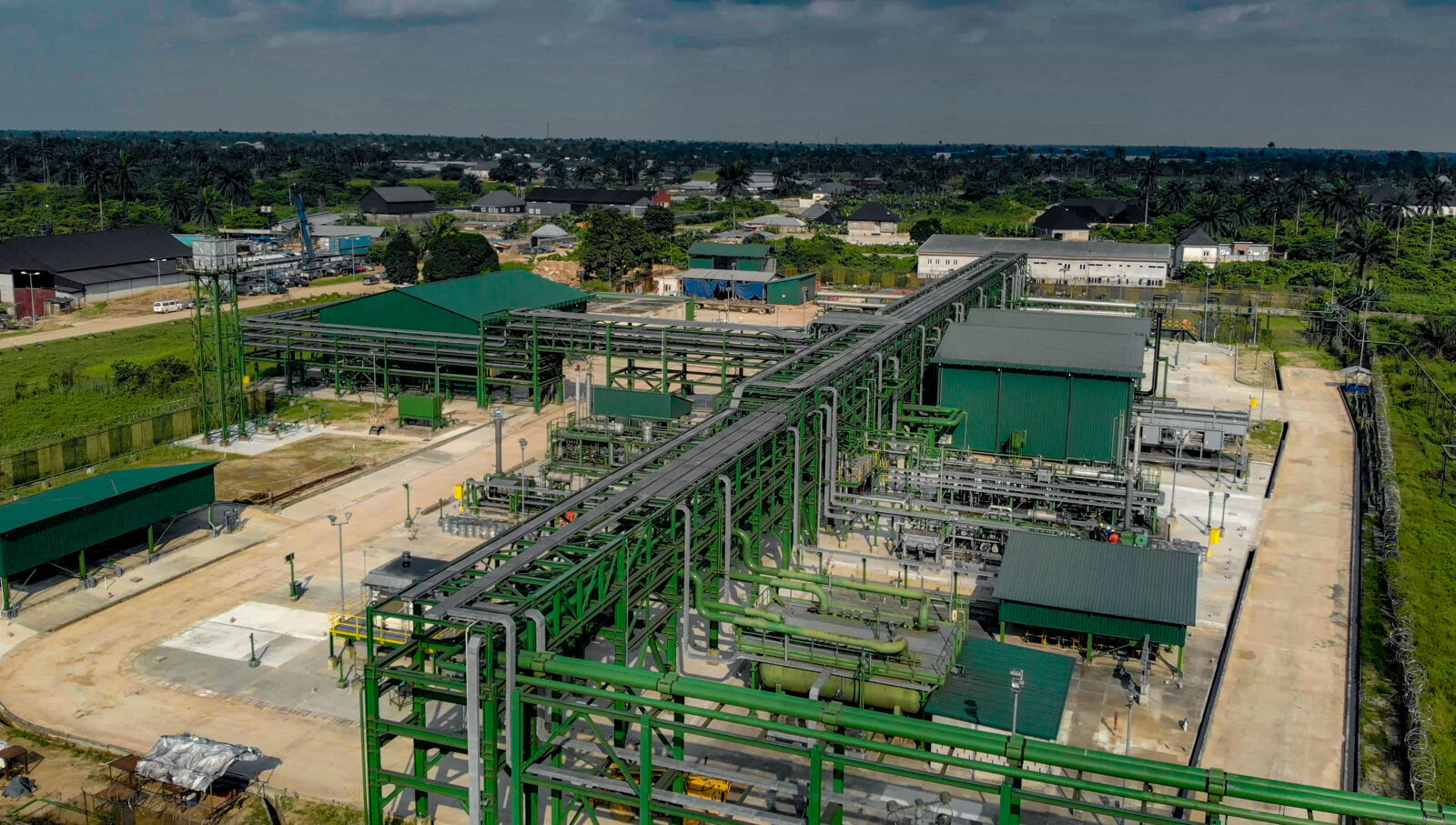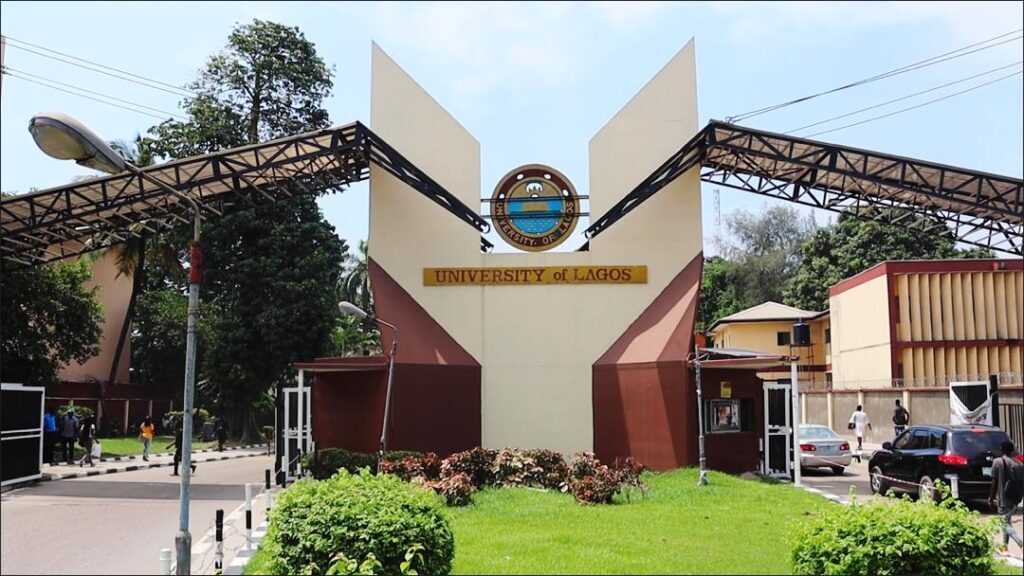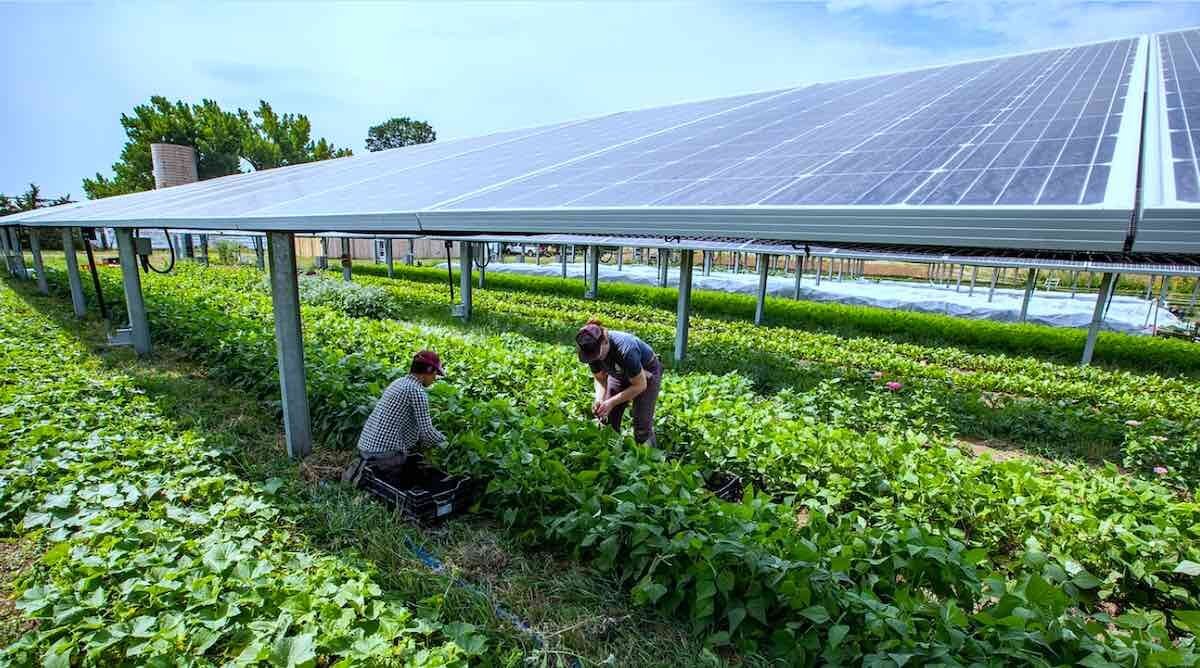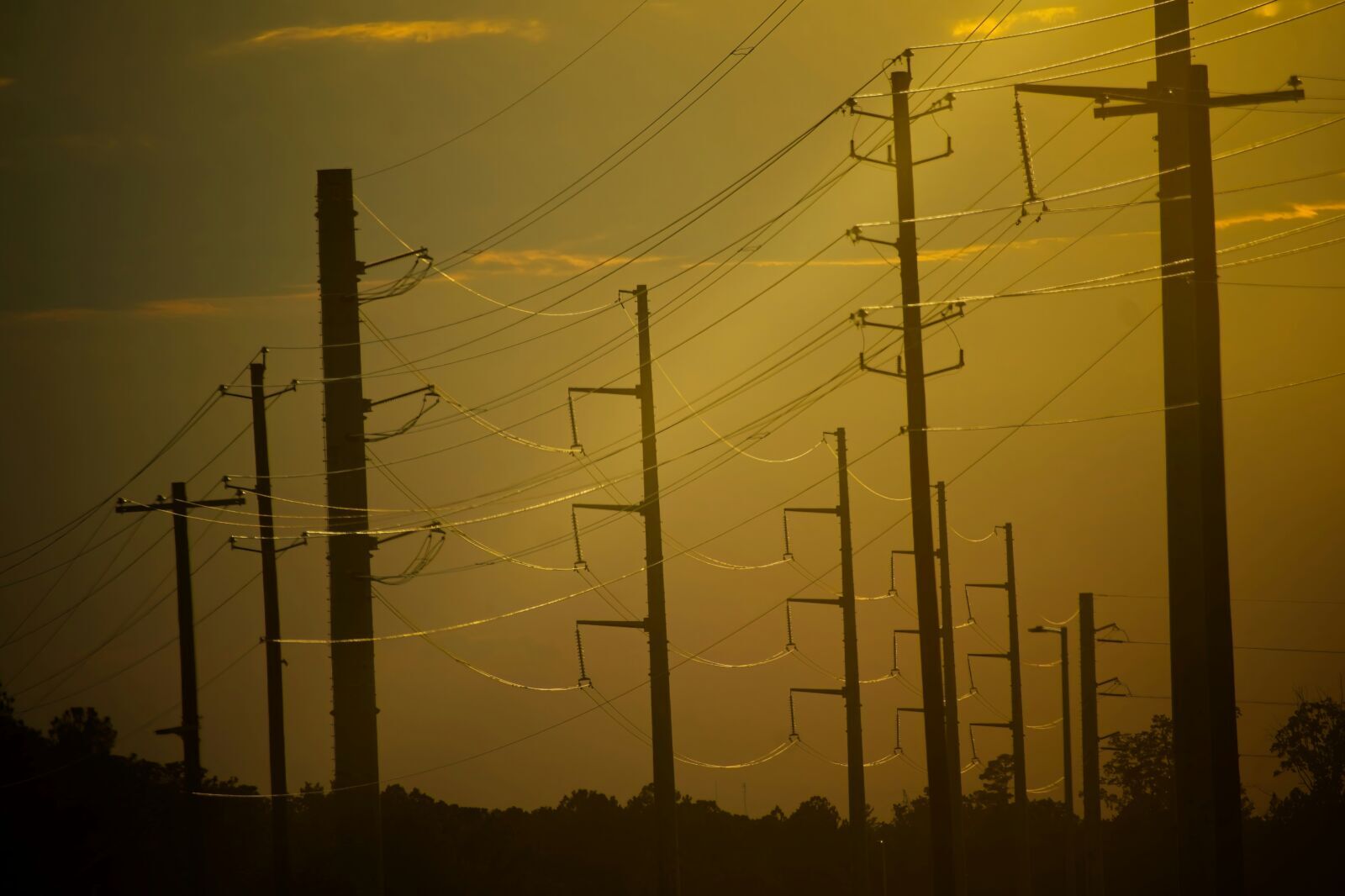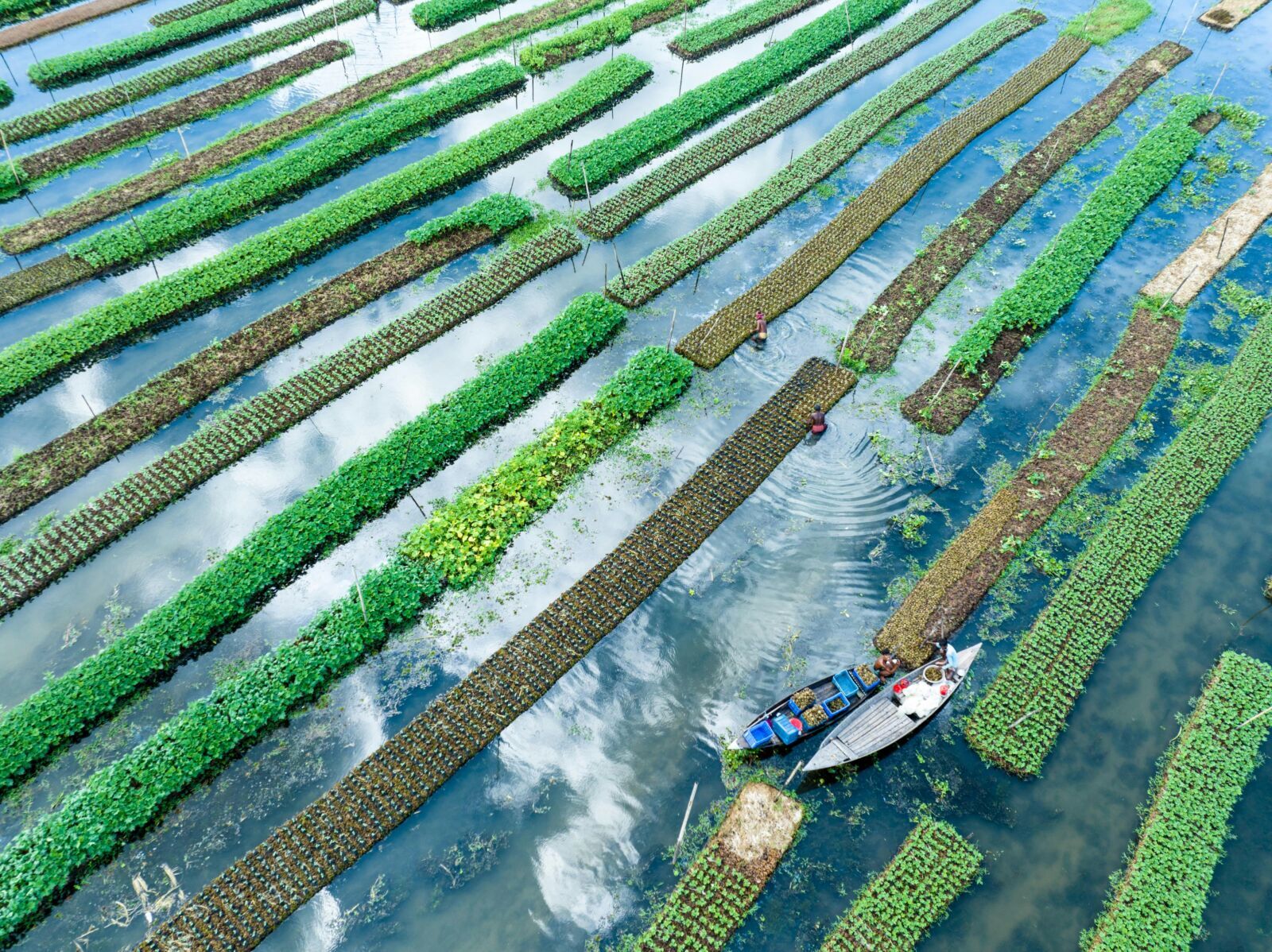"Nothing is waste anymore. Everything is money." With these words, Ibrahim, a GIVO collector in Maryland, Lagos, captures the impact of GIVO Africa's solar-powered, community recycling centres in Nigeria.
By transforming trash into valuable resources, GIVO empowers local families, drives economic growth, and advances sustainability.
Reimagining Waste as Wealth in Nigerian Communities
GIVO Africa is revolutionising waste management across Nigeria by deploying mobile, solar-powered recycling centres that put the power to earn and clean at the heart of communities.
Only 12% of Nigeria's 4.7 million tons of plastic waste is recycled annually, but GIVO's solutions are helping bridge this gap by making recycling sustainable, accessible, and profitable for everyday Nigerians.
Nigeria's Plastic Crisis Meets Community Innovation
Nigeria faces a mounting plastic waste crisis, with only a tiny fraction recycled and millions of tons polluting land and water bodies.
GIVO tackles this head-on by bridging access gaps, providing local infrastructure so people no longer haul recyclables to distant centres, but can recycle and earn right in their own neighbourhoods.
How GIVO's Model Works
GIVO's modular solar-powered recycling centres, built from 40-foot containers, operate without generators or diesel, making them affordable and climate-friendly.
The organisation's digital platform allows community members to schedule pickup, earn points which are convertible to airtime or cash, and track recycling impact.
Local youths and women benefit from job creation. GIVO also runs education programs and outreach, furthering its mission to embed recycling culture and health initiatives in every community.
| GIVO Innovation | Community Benefit | Sustainability Impact |
| Solar Recycling Hub | Jobs for youth & women | Clean energy; lower emissions |
| Tech Platform | Rewards for recyclers | Data-driven waste tracking |
| Health Outreach | Health checks, education | Safer, cleaner communities |
| School Programs | Green clubs, youth engagement | Culture shift on recycling |
Vision for Circular Economies and Dignified Livelihoods
With dreams of expanding to 1,000 centres rolling out across Africa, GIVO sees a future where every community transforms waste into income, environmental pride, and public health benefits.
Youth and women-led franchises ensure economic inclusion. "Nothing is waste now. Everything is money," local collectors say.
By connecting technology, training, and local engagement, GIVO's plan puts people at the centre of the circular economy.
| Desired Outcome | Solution Provided | Social/Economic Benefit |
| Zero Waste | Education, tech scale | Cleaner environment, added jobs |
| Community Health | Outreach, green clubs | Reduced disease, better quality |
| Local Prosperity | Franchise model | Sustainable income |
What's Next For GIVO And Nigeria's Communities
GIVO calls for partnerships with schools, faith-based organisations, and local institutions to deepen engagement, expand green clubs, and reach every household and business.
The group encourages all Nigerians: sort your plastics, take them to local centres, and turn environmental action into daily income.
GIVO's blueprint aims for rapid national expansion and sustained cross-sector support.
Key Levers For Waste-to-Wealth Success
| Lever | Stakeholders | Immediate Action Needed |
| Solar Infrastructure | GIVO, local entrepreneurs | Scale centre deployment |
| Community Training | Youth/women, educators | Expand green clubs, outreach |
| Tech Reward System | Tech partners, recyclers | Integrate pickup/payments |
| Health Programming | Health NGOs, partners | Launch health checks, education |
Path Forward
GIVO Africa's model is redefining community recycling through innovation, inclusion, and impact. By combining solar-powered processing, digital collection platforms, and grassroots engagement, it is cleaning neighbourhoods while creating local jobs and fostering environmental awareness.
As expansion accelerates across Nigeria and beyond, GIVO aims to scale education, improve public health, and deepen circular economy participation, turning waste into wealth and laying foundations for resilient, sustainable local economies.

